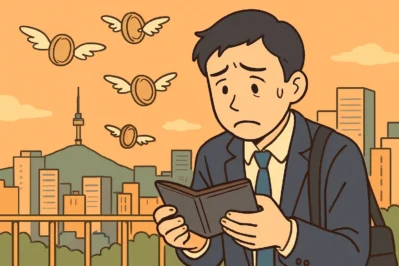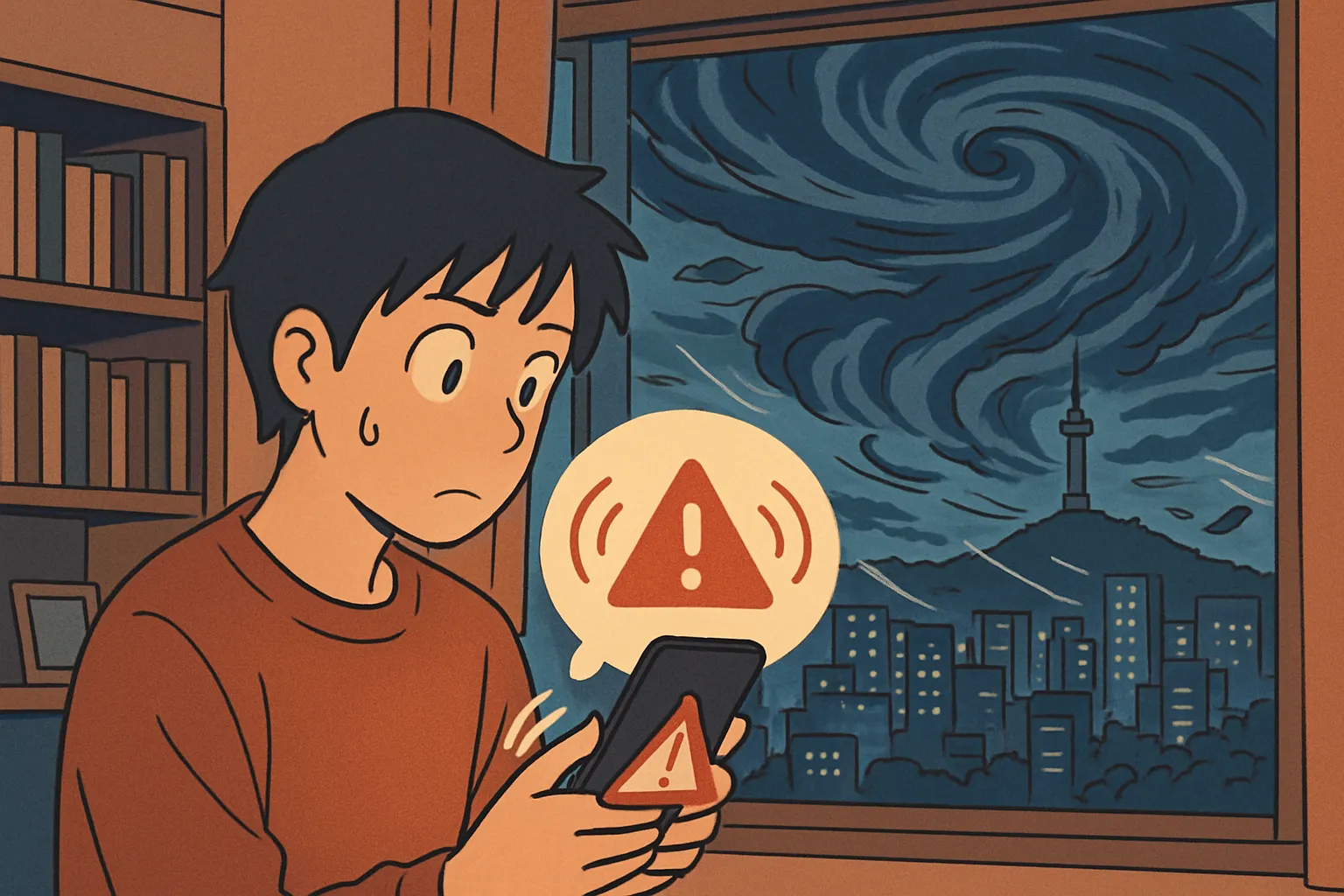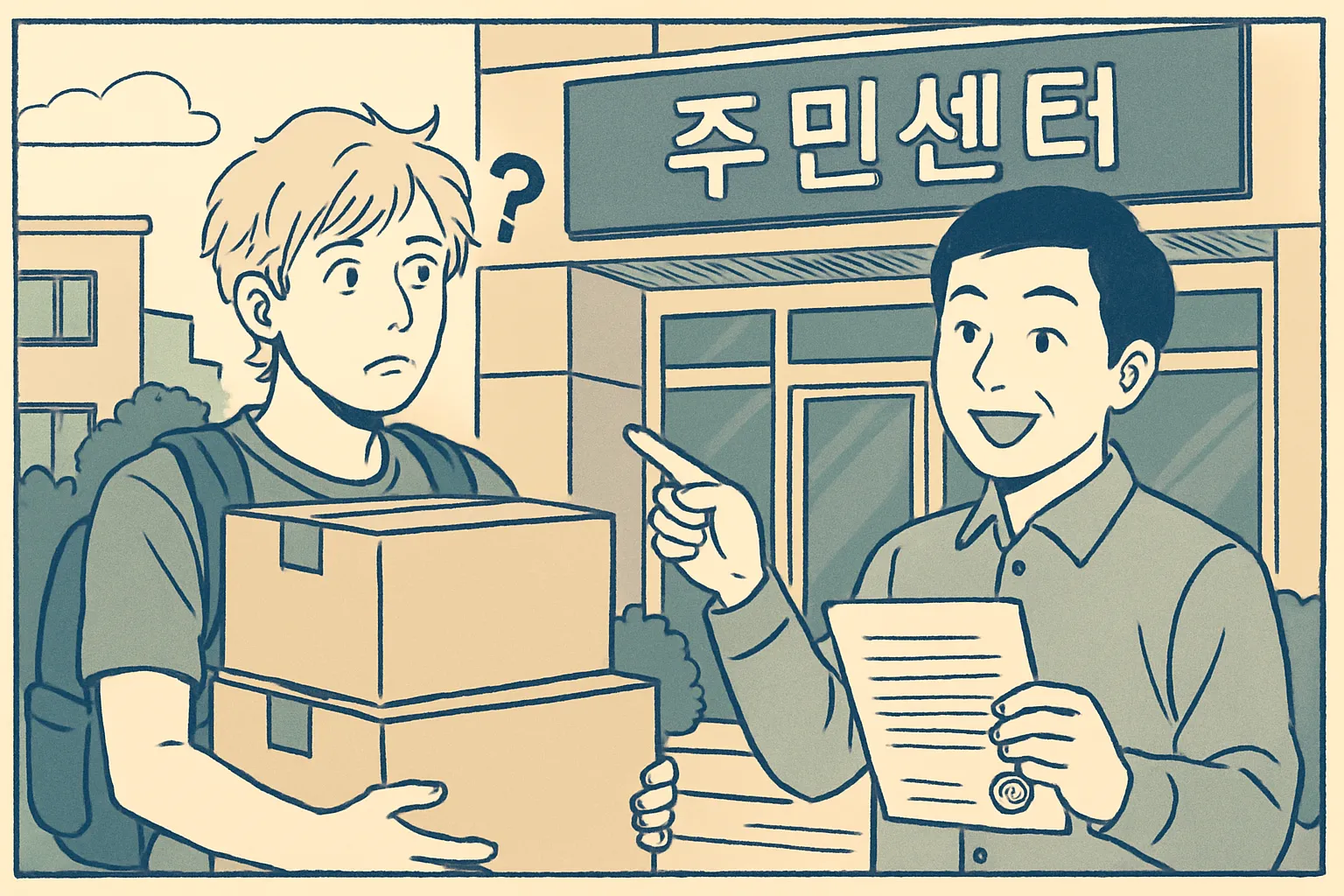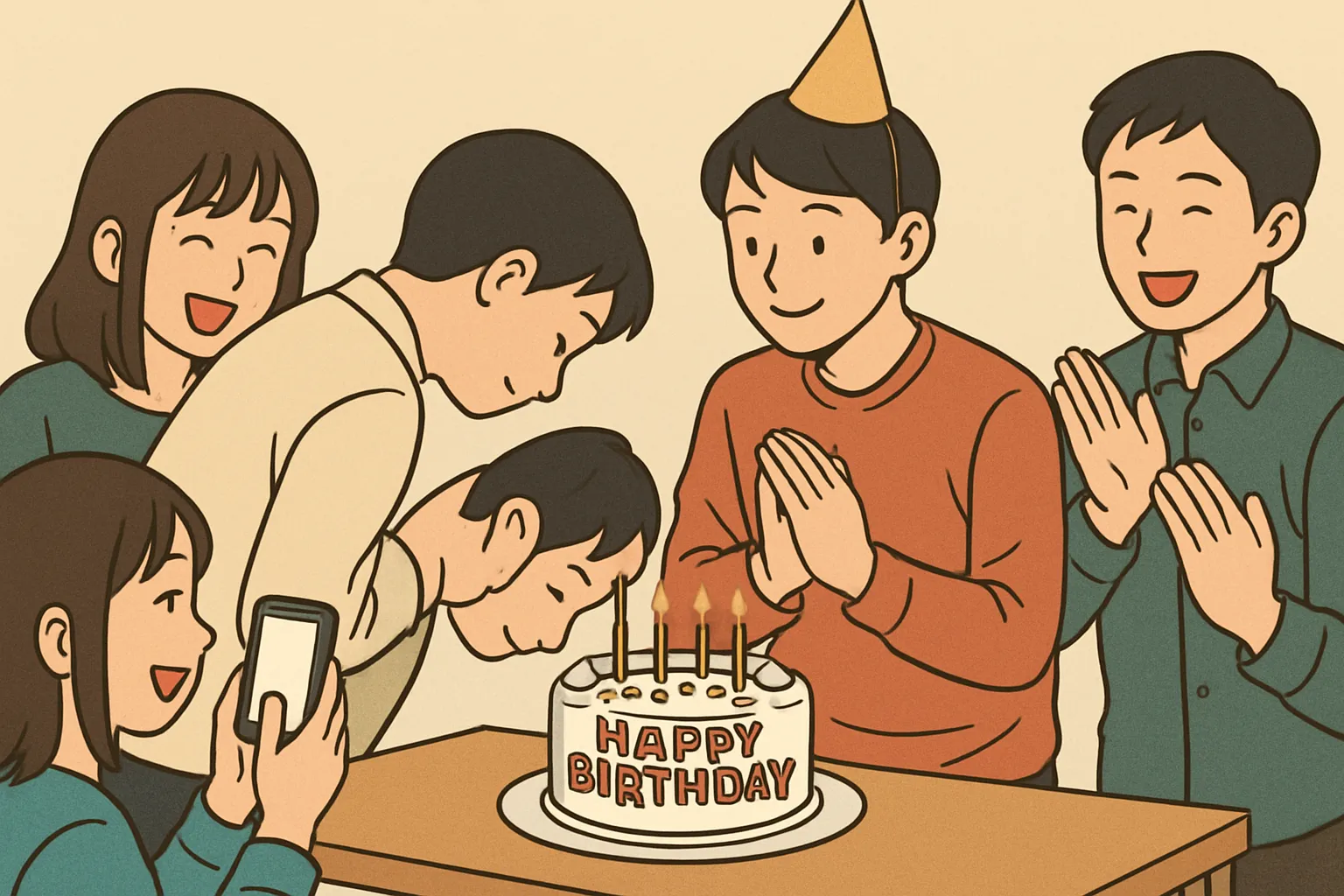Surviving Seoul: How to Complain About City Prices Like a Local!
Hello! It’s your favorite Korean booster, Maeil Hangeul, here to upgrade your Korean skills!
Have you ever looked at your bank account after a weekend in a big city and wondered where all your money went? If so, you’re not alone! Today, we’re going to learn how to express the stress of the high cost of living, a very common topic of conversation in big cities. Especially these days in Korea, with rising prices for everything from coffee to lunch, a phenomenon people are calling “런치플레이션 (lunchflation),” knowing how to talk about money stress is an essential survival skill. Let’s dive in and learn how to sound just like a native speaker complaining about city life!
Core Expressions You Need to Know
Here are three key phrases that will make you sound like you’ve lived in Seoul for years.
- 1. 숨만 쉬어도 돈이 나가다 (sum-man swi-eo-do don-i na-ga-da)
- Pronunciation [Romanized]: Soom-man shwi-uh-do don-ee na-ga-da
- English Meaning: “Money goes out just by breathing.”
- Detailed Explanation: This is a fantastic idiomatic expression that perfectly captures the feeling of constantly spending money on basic necessities in an expensive city. It’s an informal, slightly exaggerated phrase you can use with friends to complain about how everything seems to cost money. The nuance is that even when you’re not actively buying anything special, your money just seems to disappear.
- 2. 물가가 장난 아니다 (mul-ga-ga jang-nan a-ni-da)
- Pronunciation [Romanized]: Mool-ga-ga jang-nan ah-ni-da
- English Meaning: “The prices are no joke.” / “The cost of living is insane.”
- Detailed Explanation: The phrase
장난 아니다literally means “it’s not a joke/game.” It’s a very common slang expression used to emphasize that something is extreme, incredible, or serious. When combined with물가(prices/cost of living), it becomes the perfect way to say that the prices are shockingly high. You can use it for general prices, restaurant bills, or shopping. It’s casual and very common among all age groups.
- 3. 월급은 통장을 스쳐 지나갈 뿐 (wol-geub-eun tong-jang-eul seu-chyeo ji-na-gal ppun)
- Pronunciation [Romanized]: Wol-geub-eun tong-jang-eul seu-chuh jee-na-gal ppoon
- English Meaning: “My salary just passes through my bank account.”
- Detailed Explanation: This is a poetic and relatable way to say your salary disappears almost as soon as you get it.
스쳐 지나가다means “to brush past” or “to pass by,” and-(으)ㄹ 뿐이다is a grammar pattern that means “it’s only…” or “it just…”. So, the phrase implies that your paycheck makes a brief appearance in your bank account (통장) before it’s gone paying for rent, bills, and other expenses. It’s a humorous and slightly sad expression that many office workers in Korea use.
Example Conversation
Let’s see how these expressions work in a real-life chat between two colleagues, A and B, after lunch.
A: 와, 오늘 점심값 진짜 비싸지 않았어요? 만오천 원이나 나왔어요.
(Wa, oneul jeomsim-gap jinjja bissaji an-asseoyo? Man-ocheon won-ina nawass-eoyo.)
(Wow, wasn’t lunch super expensive today? It came out to 15,000 won.)
B: 맞아요. 요즘 물가가 장난 아니에요. 매일 점심 사 먹기 부담스러워요.
(Maj-ayo. Yojeum mul-ga-ga jang-nan a-ni-eyo. Maeil jeomsim sa meok-gi budam-seureowo-yo.)
(I know. The prices are no joke these days. It’s becoming a burden to eat out for lunch every day.)
A: 진짜요. 서울에서는 숨만 쉬어도 돈이 나가는 것 같아요.
(Jinjja-yo. Seoul-eseoneun sum-man swi-eo-do don-i na-ga-neun geot gat-ayo.)
(For real. I feel like in Seoul, money goes out just by breathing.)
B: 제 말이요. 이러니 월급은 통장을 스쳐 지나갈 뿐이죠.
(Je mal-i-yo. Ireoni wol-geub-eun tong-jang-eul seu-chyeo ji-na-gal ppun-i-jyo.)
(Tell me about it. This is why my salary just passes through my bank account.)
Cultural Tip & Trend Deep Dive
In Korea, especially among the MZ Generation (Millennials & Gen Z) living in Seoul, talking about the high cost of living is a major bonding topic. The term “런치플레이션” (Lunchflation) has become a huge buzzword. It highlights how the rising price of a simple lunch is a serious economic indicator for the average person.
So, how do people cope?
* The Rise of the 도시락 (dosirak – packed lunch): More and more office workers are bringing their own lunches to save money.
* Hunting for 가성비 (gaseongbi – cost-effectiveness): People actively share information on social media about restaurants or cafes that offer great value for money.
* The “짠테크” (jjantech) Trend: This is a combination of 짜다 (to be salty/stingy) and 재테크 (financial planning). It refers to the trend of extreme saving and finding clever ways to cut costs on daily expenses.
Using the expressions you learned today in the context of these trends will make you sound not just fluent, but also culturally aware!
Wrap-up & Practice Time!
Great job today! We’ve learned some incredibly useful and natural-sounding expressions to talk about the financial stress of city life: 숨만 쉬어도 돈이 나가다, 물가가 장난 아니다, and 월급은 통장을 스쳐 지나갈 뿐.
Now, let’s put your knowledge to the test!
- Fill in the Blank: Your friend just told you that a cup of coffee in their neighborhood now costs 7,000 won. What would you say?
와, 커피 한 잔에 7,000원? 요즘 정말 _______________. (Wow, 7,000 won for one coffee? The prices these days are really no joke.)
- Make a Sentence: Think about the cost of living in your city. Try to write one sentence using 숨만 쉬어도 돈이 나가는 것 같아요.
Don’t be shy! Share your answers in the comments below using the expressions you learned today. We can all complain about prices together! See you next time at Maeil Hangeul






